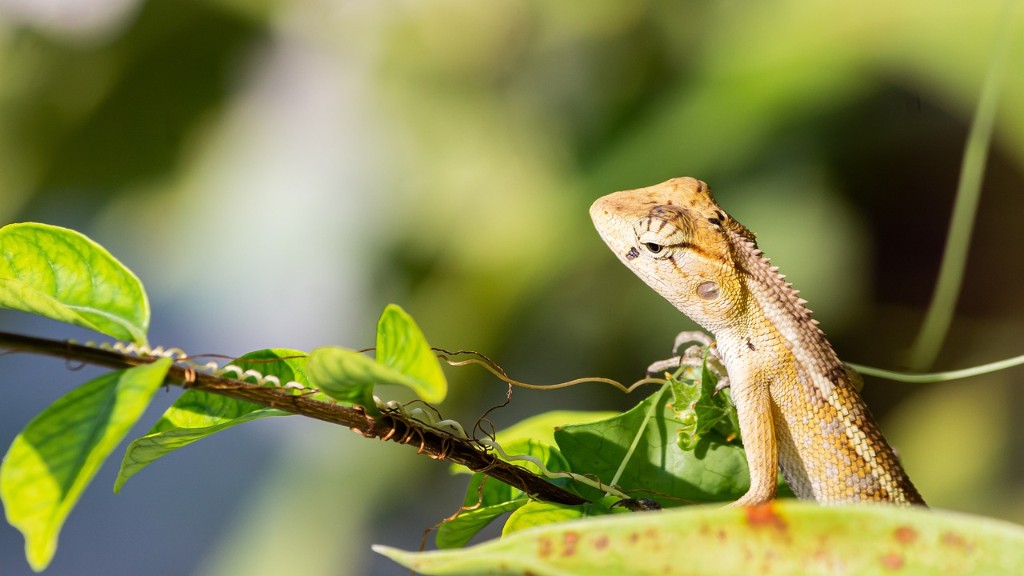How Many French Speakers in Madagascar
Madagascar, an island nation located off the southeastern coast of Africa, is known for its unique biodiversity and rich cultural heritage. While the official language of Madagascar is Malagasy, there is a significant number of French speakers in the country. This article explores the background, data, and perspectives on the extent of French language usage in Madagascar.
Background
French colonization played a significant role in shaping the linguistic landscape of Madagascar. The French colonial rule from the late 19th century until independence in 1960 left a lasting impact on the education system and administrative structures. The French language was established as the language of instruction in schools, and it became the language of business, government, and the elite.
However, over the years, there has been a gradual shift towards the promotion and revitalization of the Malagasy language. The Malagasy language is now the predominant language spoken by the majority of the population, and efforts have been made to promote it as a symbol of national identity and cultural heritage.
Data
According to the latest available data, approximately 25% to 30% of the population in Madagascar can speak French to some extent. This estimate includes both fluent speakers and those with varying degrees of proficiency. It is important to note that the level of French language proficiency may vary across different regions and demographic groups.
Urban areas, especially the capital city of Antananarivo and other major cities, tend to have higher concentrations of French speakers. This can be attributed to factors such as better access to education, exposure to French media and culture, and higher socio-economic status.
Perspectives from Experts
Experts in linguistics and education in Madagascar have differing opinions on the status and influence of French in the country. Some argue that French remains an important language in the domains of education, administration, and economic opportunities. They emphasize the need to maintain French as a tool for upward social mobility and international communication.
On the other hand, there are experts who believe that the overemphasis on French has marginalized the Malagasy language and perpetuated inequalities in the society. They advocate for a greater focus on promoting and valorizing the Malagasy language to ensure cultural preservation and social cohesion.
Insights and Analysis
The presence of French speakers in Madagascar reflects the complex linguistic and cultural dynamics of the country. It is a result of historical factors, social stratification, and the ongoing influence of globalization. The coexistence of multiple languages, including Malagasy and French, adds to the cultural richness and diversity of the nation.
While French continues to be an important language in certain domains, the promotion and preservation of the Malagasy language should also be prioritized. Bilingualism can bring numerous benefits, including expanded educational and economic opportunities, while also preserving the cultural heritage and identity of the Malagasy people.
Section 1
This section will delve deeper into the historical reasons behind the prevalence of French in Madagascar, shedding light on the colonial legacy and its ongoing impacts on language usage.
Section 2
In this section, we will examine the social and economic factors that contribute to the concentration of French speakers in urban areas, highlighting the disparities in language proficiency across different regions.
Section 3
Section 3 will present the arguments made by proponents of maintaining French as a prominent language, exploring the advantages and challenges associated with bilingualism in Madagascar.
Section 4
In this final section, we will discuss the efforts and initiatives taken to promote the Malagasy language and address the concerns of language preservation advocates. We will also explore potential strategies for language policy and planning in Madagascar.



